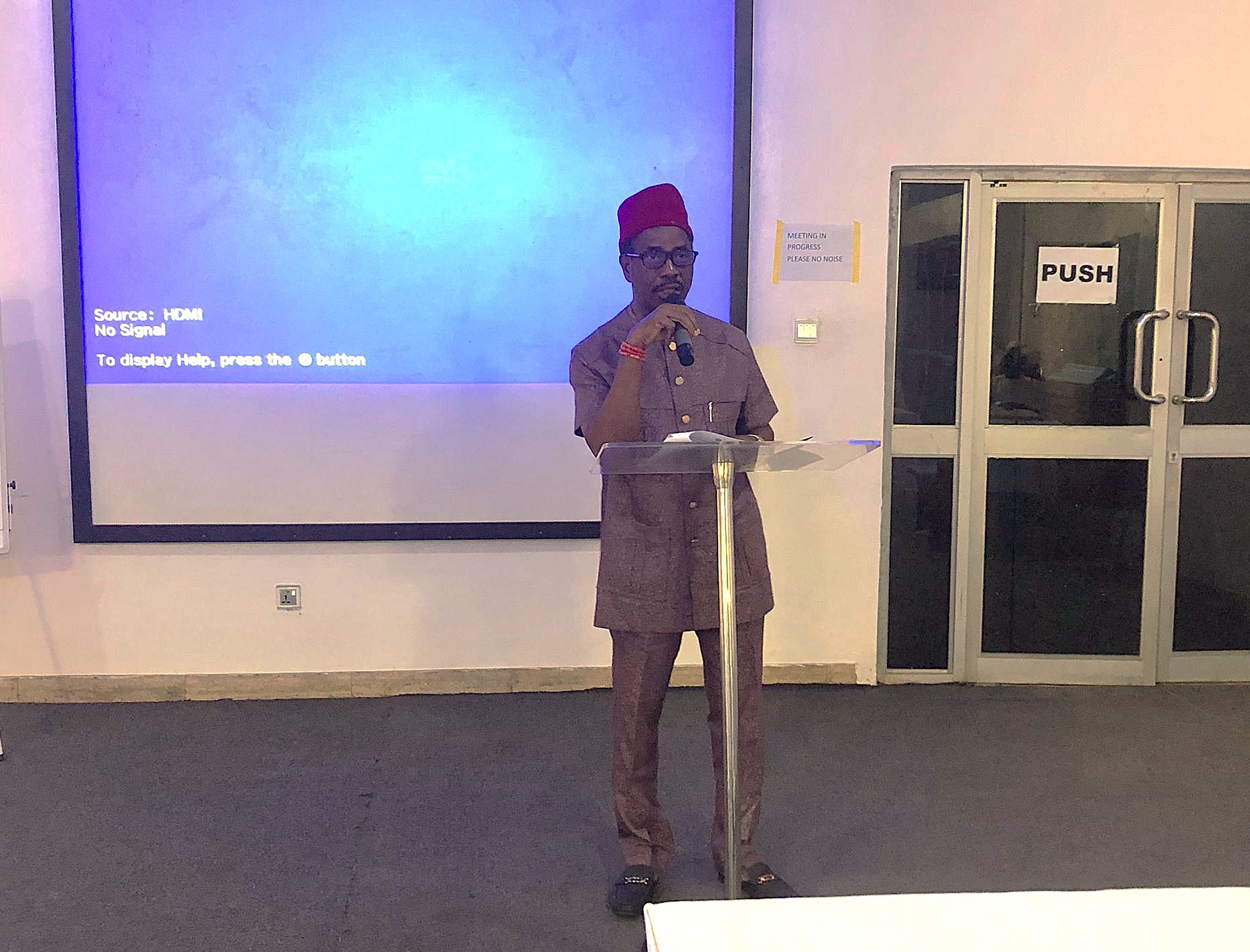
Building a Stronger Future for Nigeria’s Poultry Industry: Highlights from PAN’s 2025 National Stakeholders’ Meeting
On Wednesday, 27th August 2025, the Poultry Association of Nigeria (PAN) convened its 2nd National Stakeholders’ Meeting at Kakanfo Inn & Conference Centre, Ibadan. The gathering brought together farmers, processors, input suppliers, and industry leaders from across the country, reaffirming poultry’s central role in Nigeria’s food security, nutrition, and employment.
This year’s meeting was more than a routine review—it was a bold step toward repositioning the Nigerian poultry industry for long-term growth, competitiveness, and resilience.
PAN: Building a stronger poultry industry for Nigeria.
Sector Realities and Achievements
In his opening address, the PAN National President, Chief Ichie Sunday Ezeobiora, underscored the difficult realities farmers face: rising feed and energy costs, policy inconsistencies, and shrinking consumer purchasing power. Yet, he also highlighted advocacy wins secured over the past year, including:- Approvals for grain imports, which have helped stabilize feed supply.
- Renewed momentum for the National Home-Grown School Feeding Programme, creating fresh opportunities for egg and chicken consumption.
- Strengthened partnerships under the African Continental Free Trade Agreement (AfCFTA) to open up new market access.
Key Issues Raised by Stakeholders
Deliberations during the meeting addressed urgent industry concerns:- Foreign Competition: Stakeholders warned that multinational entrants could dominate local markets unless PAN champions protective policies and strengthens domestic producers.
- Egg Supply for School Feeding: Members welcomed the programme’s revival but stressed the need for transparent supply chains and quality assurance.
- Finance and Insurance: Farmers expressed frustration at stringent loan conditions and the lack of affordable insurance, calling for sector-friendly financial products.
- Unity and Commitment: Industry veterans reminded members that PAN’s survival depends on solidarity, urging younger farmers to build on the sacrifices of past leaders.
- Membership Register: There was consensus on creating a national digital database of poultry farmers to improve planning, advocacy, and fair access to benefits.
Strengthening Governance and Policy Development
Stakeholders agreed on several institutional priorities:- Committee Restructuring: Non-performing committees were dissolved and reconstituted with new leadership tasked with delivering measurable results.
- Constitution Review: A revised constitution will enforce financial discipline, strengthen accountability, and refresh leadership structures.
- National Poultry Summit (2026): Scheduled for Q1 2026, the summit will unveil a 20-year development framework and the draft National Poultry Policy Paper.
- Regional and Global Engagements: PAN is actively deepening partnerships across Africa and beyond to drive trade and knowledge exchange.
Financing and Sustainable Funding
A recurring theme of the meeting was the urgent need for predictable, sustainable financing. Stakeholders resolved to transition from reliance on voluntary donations to compulsory and equitable contributions. Proposals included:- Levies on feed, day-old chicks, and vaccines, linked to PAN certification and quality assurance.
- Establishing a PAN Academy to provide training, certification, and professional development.
- Creating an endowment fund to stabilize PAN’s finances and support strategic programs.
Looking Ahead: Shared Responsibility, Shared Growth
The meeting concluded with a united call for accountability, unity, and financial responsibility. Contributions pledged at the event demonstrated renewed commitment to strengthening PAN’s sustainability. As Chief Ezeobiora emphasized in his closing remarks, “Every member, from smallholder to large integrator, must see themselves as co-owners of this Association. With collective responsibility, unity, and sustainable financing, PAN will build a stronger poultry industry for Nigeria.”Way Forward
The 2025 Stakeholders’ Meeting reaffirmed PAN’s role not just as a farmers’ association, but as a policy influencer, industry regulator, and thought leader shaping the future of poultry in Nigeria. Immediate next steps include:- Updating and digitizing the national membership register.
- Enforcing dues collection and transparent financial reporting.
- Launching the National Poultry Institute (NPI) in partnership with accreditation bodies.
- Preparing for the National Poultry Summit (Q1 2026).
Closing Note
The Nigerian poultry sector remains one of the country’s most vibrant and promising industries, with unmatched potential for food security, job creation, and economic growth. The 2025 PAN Stakeholders’ Meeting made one thing clear: if the resolutions are implemented with unity and discipline, the industry will not only withstand today’s challenges but also expand Nigeria’s footprint in both domestic and international markets.PAN: Building a stronger poultry industry for Nigeria.
All Categories
Recent Posts
PAN Secretariat0 Comments
The Poultry Association of Nigeria at IPPE 2025: Expanding Horizons for the Nigerian Poultry Industry
PAN Secretariat0 Comments
Nigeria Poultry Show 2024: Forging a Path to Sustainable Growth and Innovation in the Poultry Sector
Build a Successful Career
BECOME A CERTIFIED POULTRY EXPERT
Our professional learning hub will aid your career growth
Our professional learning hub will aid your career growth



